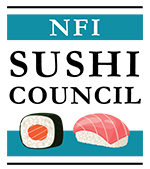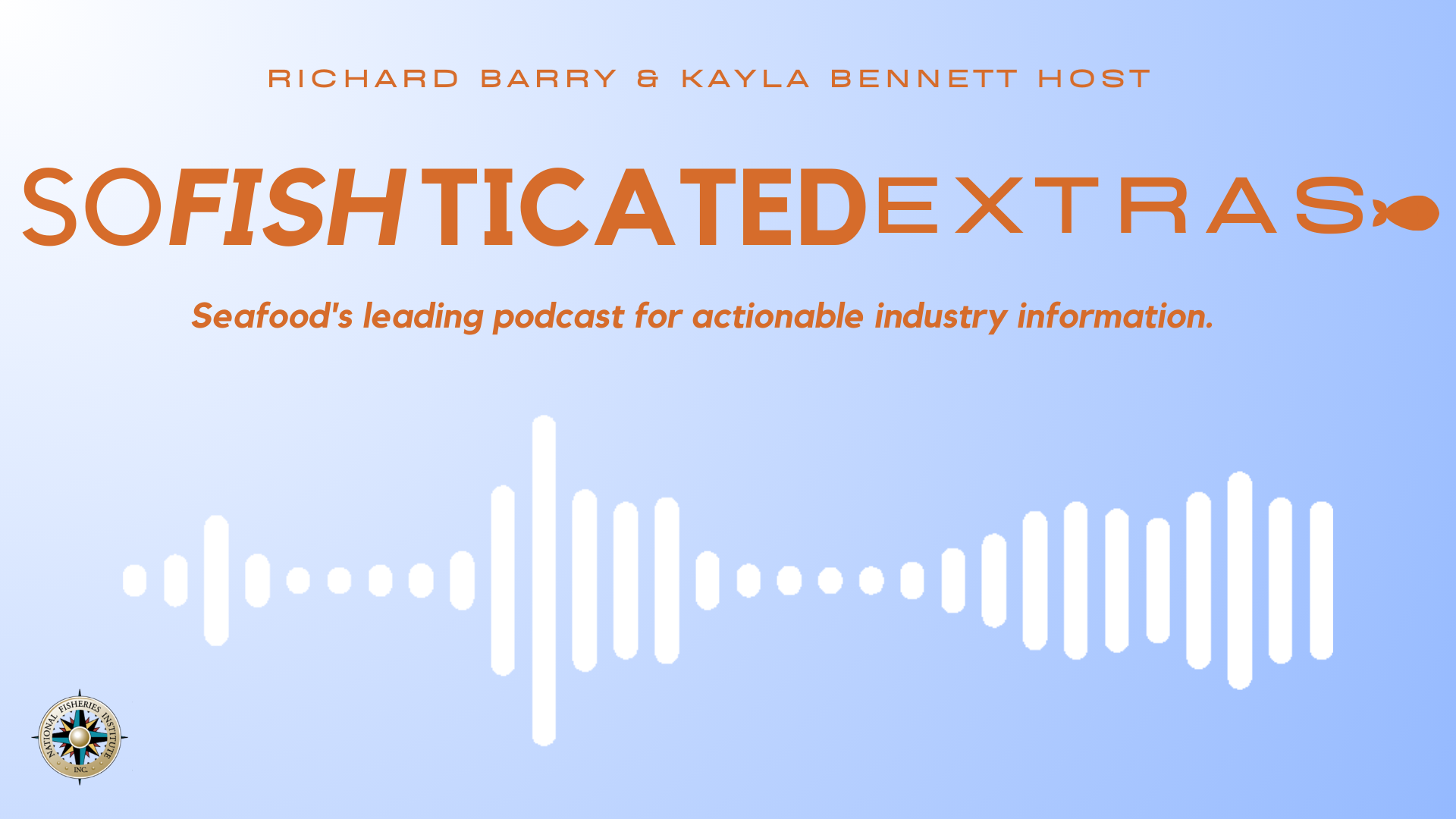Does the “M” in MSN stand for Misinformation?
June 3, 2015
Sue Lohman
Managing Editor
MSN Health & Fitness
VIA Email
Dear Ms. Lohman,
As part of MSN.com’s current front page news feed you feature an article titled 10 Fish You Shouldn’t Be Eating and What to Try Instead, the piece contains numerous inaccuracies. Featuring this hyperbolic and incorrect content harms your reputation as a trusted source for news and does a disservice to your readers. We request that you replace it immediately.
The suggestion that your readers avoid Atlantic salmon (which in most cases is farmed) flies in the face of the latest science and government recommendations. A USDA study conducted at the Grand Forks [North Dakota] Human Nutrition Research Center involving farmed salmon reported that “…consuming farm-raised salmon was an excellent way to increase omega-3 fatty acids in the blood to levels that corresponded to reduced heart disease risk.”
Furthermore, Dr. Sanjay Gupta produced a segment about Atlantic salmon on 60 Minutes where he responded directly to people who claim they only order wild salmon, “I guess the question would be, why are you doing that? If you’re doing it because you think it’s better for your health, for health reasons, you’d have a hard time making that case.”
When addressing contaminants like PCBs, Dr. Gupta said levels in both farmed and wild salmon are “well below the threshold that the FDA starts to worry about… the levels are so low it’s almost a drop in the bucket in either source.”
The suggestion to avoid all imported shrimp, which represents 90% of the American shrimp supply, is misguided. Both domestic and international companies providing shrimp to Americans have to comply with FDA’s Hazard Analysis and Critical Control Points (HACCP) regulatory system, an internationally recognized risk-based model that seeks to solve challenges along the supply chain at multiple “control points.” The success of this food safety system is evident. CDC data shows that out of more than 120,000 foodborne illnesses reported over a five year period, less than 2% were attributable to imported food. And of that number, just 0.12% of the reported illnesses were attributable to seafood. (All seafood, not just shrimp.) This broad brush recommendation on shrimp is sorely lacking in perspective.
Taking aim at Chilean Sea Bass (also called toothfish), the article claims “it’s threatened by illegal fishing.” Nowhere does it mention, as other better researched articles have, that “the U.S. prohibits the import of illegally caught toothfish and requires pre-approval of all shipments.”
The write up even suggests consumers avoid albacore tuna because in part longlines are used in fishing for it, “which can kill sea mammals.” For starters, the International Seafood Sustainability Foundation notes that of the 4.6 million tons of tuna harvested annually albacore accounts for only 6%; “they make a relatively small fraction of the total catch.” Not to mention that nowhere do they address the robust and ongoing research to mitigate bycatch or the gear modifications already in place.
The suggestion to avoid red grouper contradicts the National Oceanic and Atmospheric Administration (NOAA), the leading federal agency that manages U.S. fisheries (globally considered one of the best fisheries management groups in the world.) According to NOAA, “Red grouper fisheries in the United States are managed to prevent overfishing and rebuild overfished populations.” With minimal research, the author could have found valuable information about South Atlantic red grouper sustainability and management on NOAA’s FishWatch website, such as:
- Commercial fishermen must have a permit to fish, land, or sell snapper-grouper species. Managers limit the number of available permits to control the number of fishermen harvesting these species.
- Annual catch limits for red grouper for the commercial and recreational fisheries; these fisheries are closed when their annual catch limit is projected to be met.
- A minimum size limit to reduce harvest of immature red grouper.
- Both the commercial and recreational fishing seasons are closed from January through April to protect all shallow water grouper during their spawning season.
Similarly, targeting Atlantic Cod illustrates an unfamiliarity with fisheries management and an ignorance of efforts underway to protect and rebuild this very stock. NOAA recognizes the challenges Cod has faced and writes, “the Gulf of Maine cod quota was cut by 80 percent, and the Georges Bank cod quota was cut by 61 percent. NOAA Fisheries and the New England Fishery Management Council continue to work on management measures that will further protect cod stocks and provide opportunities for fishermen to target other healthy fish stocks instead of cod.” The Atlantic Cod offerings available to consumers are clearly sustainably managed.
What’s more, blanket statements like “avoid Orange Roughy” simply fail to report on the real and changing sustainability stories of seafood. This is the generic recommendation while other articles report, “the orange roughy was once the poster child of unsustainable fishing, but now that stocks have rebuilt, the eastern fishery will reopen for the first time in 10 years.”
An article with inaccuracies, nuances, and misguided recommendations like this has the potential to scare people away from fish altogether, a food that provides nutrients Americans are becoming increasingly deficient in. According to a peer-reviewed study, risk-centric “messaging reduces fish consumption…. resulting in an overall reduction in the potential health benefits derived from [omega-3] EPA + DHA.” Science shows that low seafood consumption is the second-biggest dietary contributor to preventable deaths in the U.S., taking 84,000 lives each year. (For perspective, low intake of fruits and vegetables takes 58,000 lives each year.)
Please let us know how you plan to deal with this editorial issue.
Sincerely,
Gavin Gibbons
Vice President, Communications
National Fisheries Institute


